|
If compromise is the gold of politics, it is the lead of democracy. The EU is hailed for its ability, eventually, to arrive – if limping, bearing the scars of concessions and leaving “core values” strewn in its wake – at agreement. The juncture is often jubilantly summarized with a syllable: deal! This Midas-word gilds tweets, gleams in headlines, lends the shimmer of success to its arbiters. But, consider this: deal is quickly anagrammed to lead. Some compromises unleash a low level poisoning; the toxic effects may not immediately be apparent, but they ultimately weaken the very people and institutions a pact may be intended to protect. So it is with the European Recovery Package and Common Budget recently agreed in Brussels – undoubtedly a significant deal in some respects, it also contains a significant failure. Europe never got so close, Europe was never so far away.
By Priya Basil August, 2020 Much has been made of the role played in the negotiations by countries reluctant to share debt and insistent on democratic accountability, the so-called “Frugal Four”. This moniker – problematic anyhow for the way it propagates the sort of national stereotypes that entrench divisive views of Europe - obscures the fact that the apparently historic deal reached on 21st July 2020 actually exposes the frugal core of the EU as a whole; it lays bare the utter poverty of imagination which persistently privileges economic factors over all others. Of course, the well being of citizens is tied to the economy. Of course, the fiscal boost to be supplied by this new deal is vital for many. But, a sense of financial security alone – which, in any case, this deal will not sustainably be able to give enough people since it nudges into the hazy future a green deal – does not necessarily make citizens well disposed towards the EU. The rising illiberal, nationalist tendencies in all member states make it abundantly clear that there is as yet no deep, active sense of community across the continent. The single market may have inextricably unified trade interests, but it hasn’t connected enough citizens in an equally intricate way. Different measures are needed to foster a collective consciousness, to develop a tangible understanding of togetherness. An instrument such as a European Public Holiday, for instance. After the self-serving early responses of member states to the pandemic, after long weeks of closed borders and all kinds of privations, even many of us who support the ideal of the EU have developed more doubts about the future – to say nothing of those who were always unconvinced. We urgently need to rekindle hope in the project of European unity. This must happen on many levels, and a holiday is one powerful way to reconnect. We tend to underestimate the political power of celebration, the space it opens up for people to think and act differently, to meet in another spirit. In these difficult times, it may seem counter-intuitive, even tasteless, to talk in such terms, but I think everybody needs the prospect of fun, joy and togetherness. Such occasions nourish and bond us, and thus make us more resilient. Nations fully utilise – if not always to noble ends – the power of holidays, a power to create narratives, to foster love and loyalty for the things the state holds dear. The potential of a transnational, secular holiday is tremendous and it’s shocking that the EU has not tried it. What might happen were we to harness the power of such a holiday now, use it as a humanitarian intervention; as an act of gratitude, of attentiveness, of hospitality; as a form of discovery, of recovery? No such considerations were at play when the leaders met in Brussels. Instead, the centrepiece was a qualified, tentative move to share debt – certainly an important step, but hardly a highpoint of hospitality in a bloc that calls itself a union and claims to practice solidarity. Europe was never so far away. Every leader treated the summit like a bazaar where you barter to get the best bargain for your own country, if not your own party. Buyers and sellers all, they measured out their wares with rigged weights on rickety EU scales: some bagging higher rebates, some nabbing the chance to avoid basic democratic obligations. Finally, in the twilight of dawn, they brandished their takings, declared a deal, headed home bearing the lead they take for gold. All the while, the real gold is right there - in exchanges that take place at museums, cinemas or theatres, in books and magazines, around restaurant or private kitchen tables; exchanges made from the myriad cultural and culinary ingredients of Europe, which is to say made of the world in all its beautiful, difficult complexity. Such forms of hospitality work a special kind of alchemy, closing the distances between us by touching, seducing, amusing, by educating, surprising, delighting. They transport us to moments of connection and illumination, moments worth more than their weight in gold. Amplifying the number and reach of such moments is as necessary to the recovery of the European Union as any financial package. I had long understood this, but the knowledge was deepened during the first months of the pandemic as I talked to the different artists taking part in Europe’s Kitchen, a project exploring ideas of hospitality that I conceptualized and curated with Eva-Maria Kleinschwärzer at the Goethe-Institut to mark Germany’s presidency of the Council of the European Union. Those conversations – the more poignant for taking place in an era of physical distancing, a time when the social contract, private and public, was altering – gave me a taste of just how many responses there could be to questions I’ve long pondered: What might we do if we were given an official occasion to express unity in Europe? Where would we go, who would we meet, which rituals would we develop, what would we eat, how would we share? Eleven artists working with local partners in eleven different European cities have developed unique scenarios to consider Europe from the space of the kitchen. While the same old-same old of big deals is effected in Brussels under the six-month watch of Berlin, eleven small meals with a difference will take place across the EU. In Glasgow, local residents get the chance to eat a four-dish menu devised by Soul Food Sisters and ponder a thought-menu of reflections by four intellectuals – all inspired by Black is a Beautiful Word. I & I and The Gaze – two video installations by the Danish artist Jeannette Ehlers. In Chania, a feast-laden table will appear in a public square and offer an open invitation to dinner: built by German artist Mischa Leinkauf from local materials with the help of students on the Greek island, the table becomes a social sculpture transforming the potential of the space and those who enter it. The Hungarian artist Arpad Dobriban welcomes guests in Madrid to experience time differently through the flavours of a limited edition set of conserves; made by Dobriban himself especially for Europe’s Kitchen, with fruits harvested from small-holdings in different countries and preserved using traditional techniques, these creations prompt a sensory journey about our relations to ingredients, places and to each other. And so it will go in many other wonderful guises, from August until December, citizens gathering in different constellations to embody - generously, openly, experimentally - forms of European unity. Europe was never so close. |
|
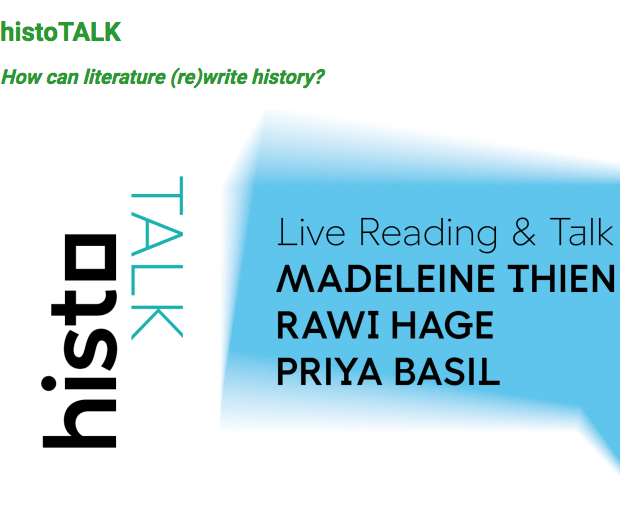
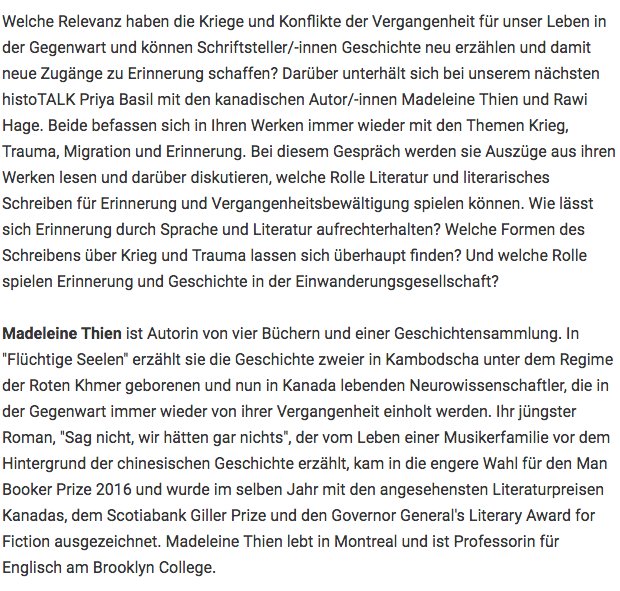
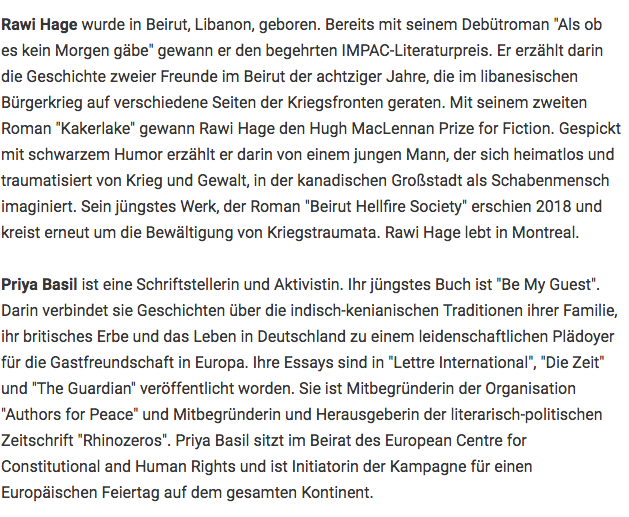
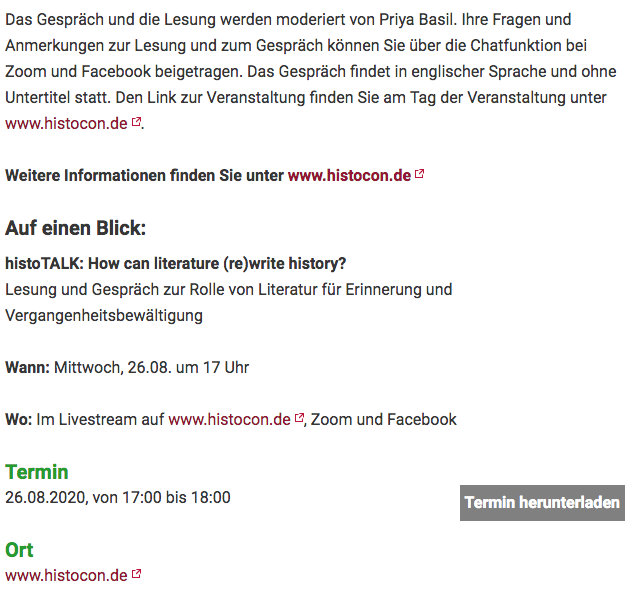
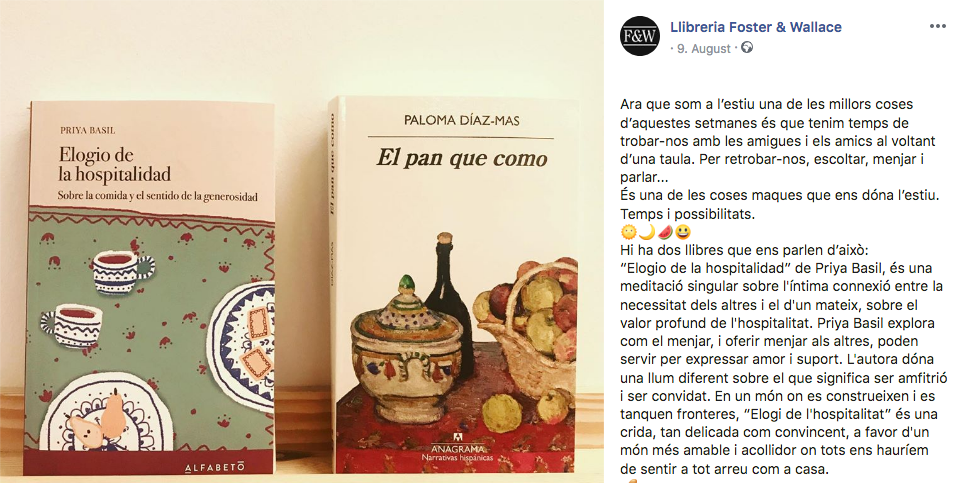
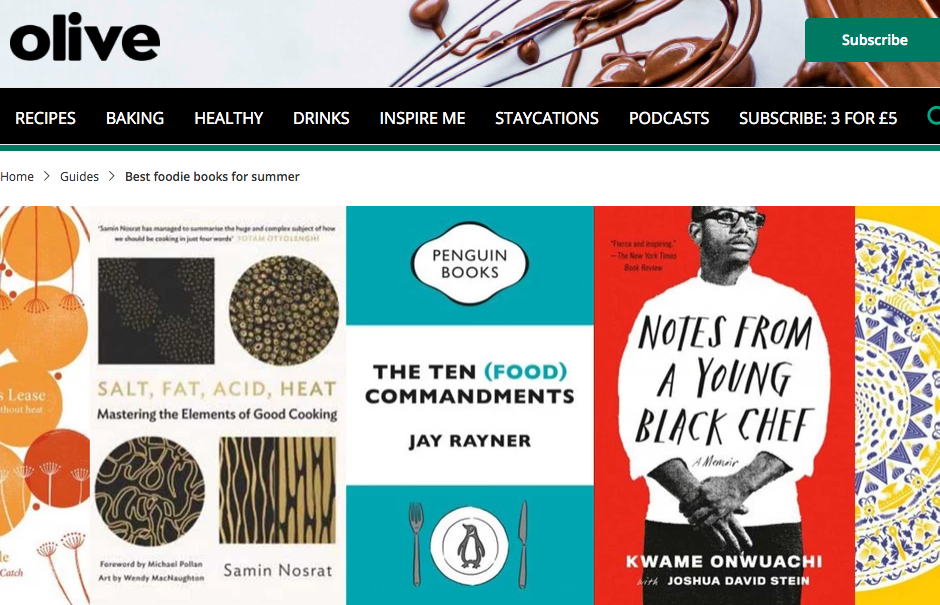

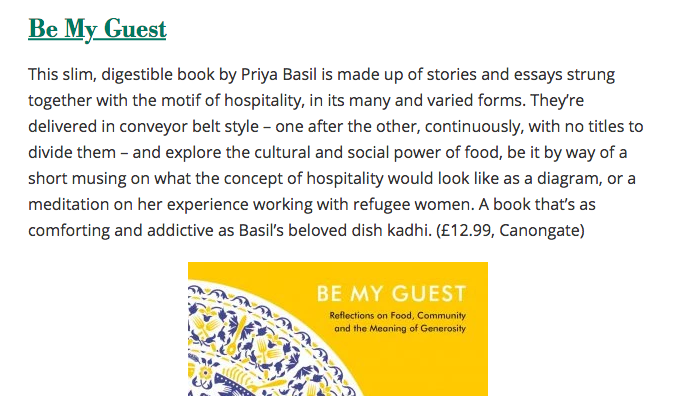
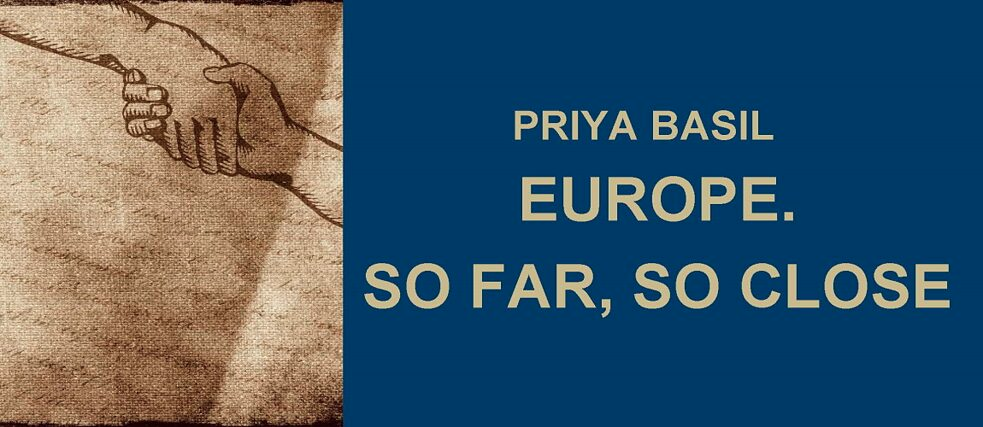
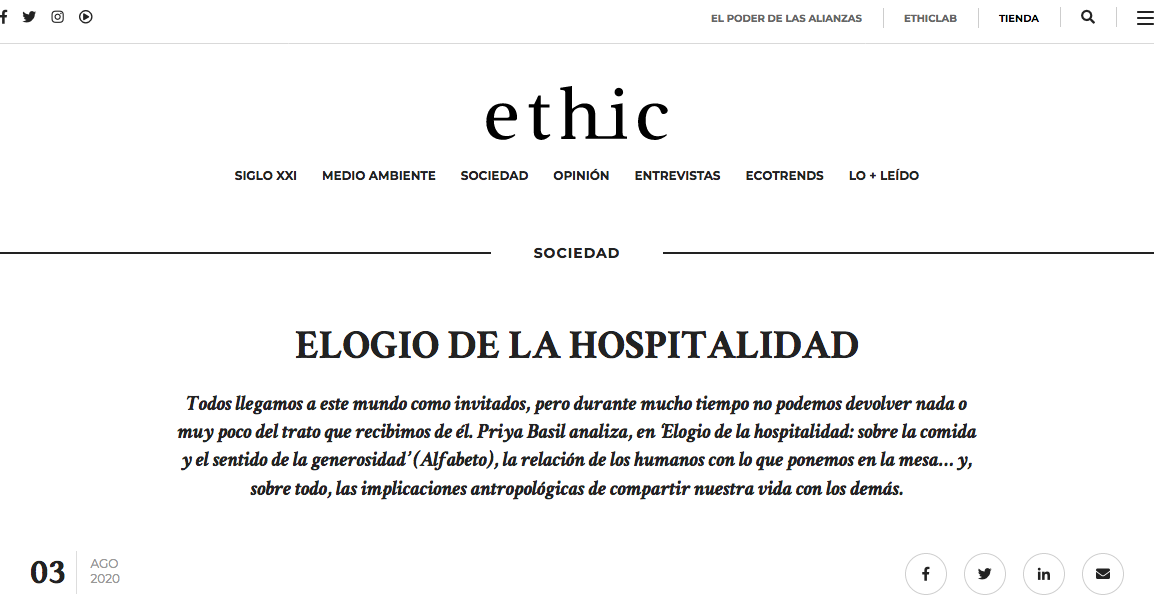
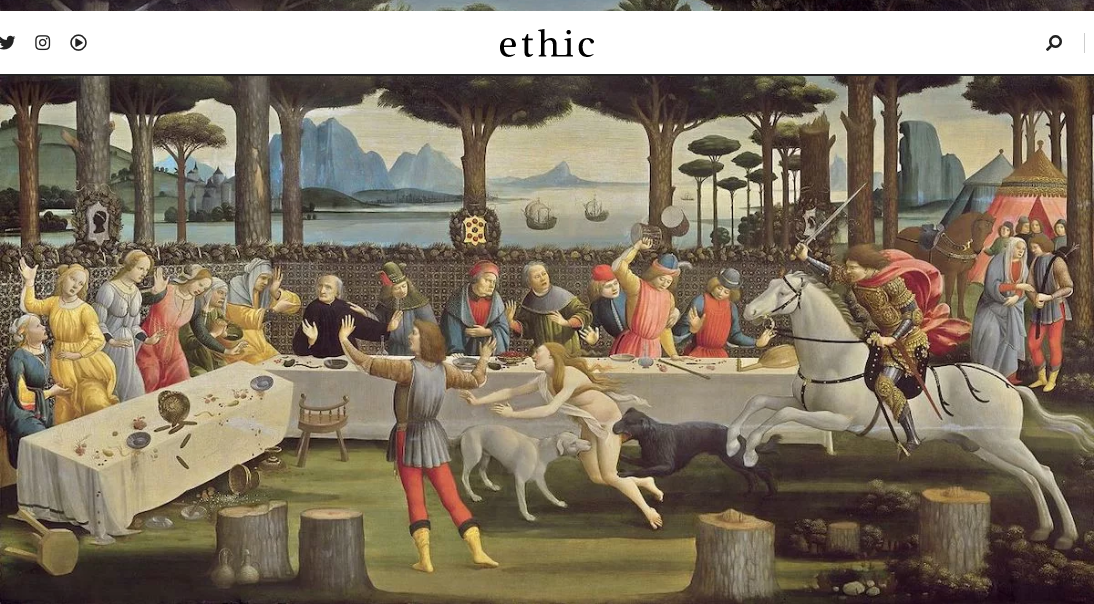
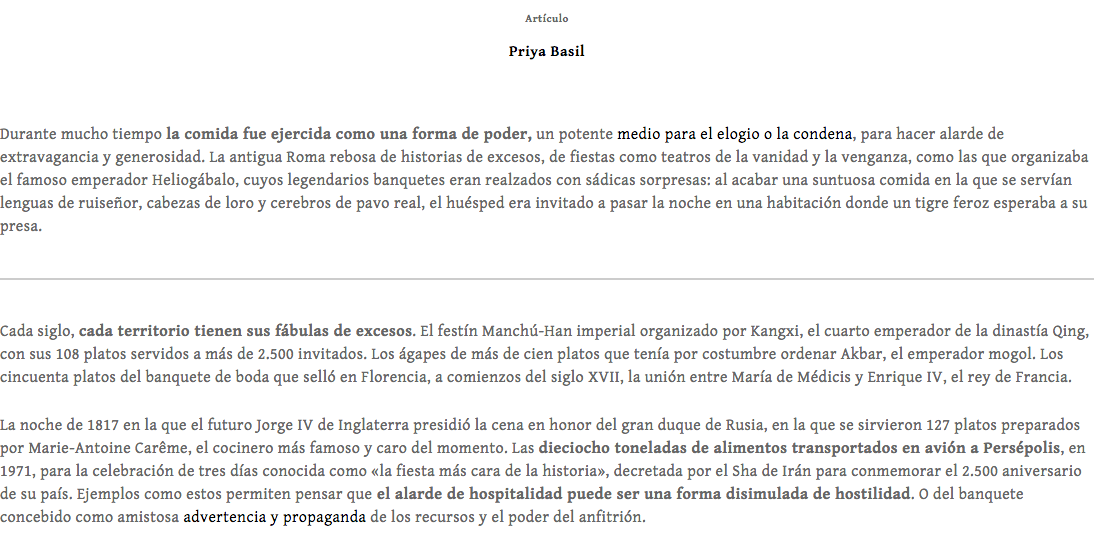
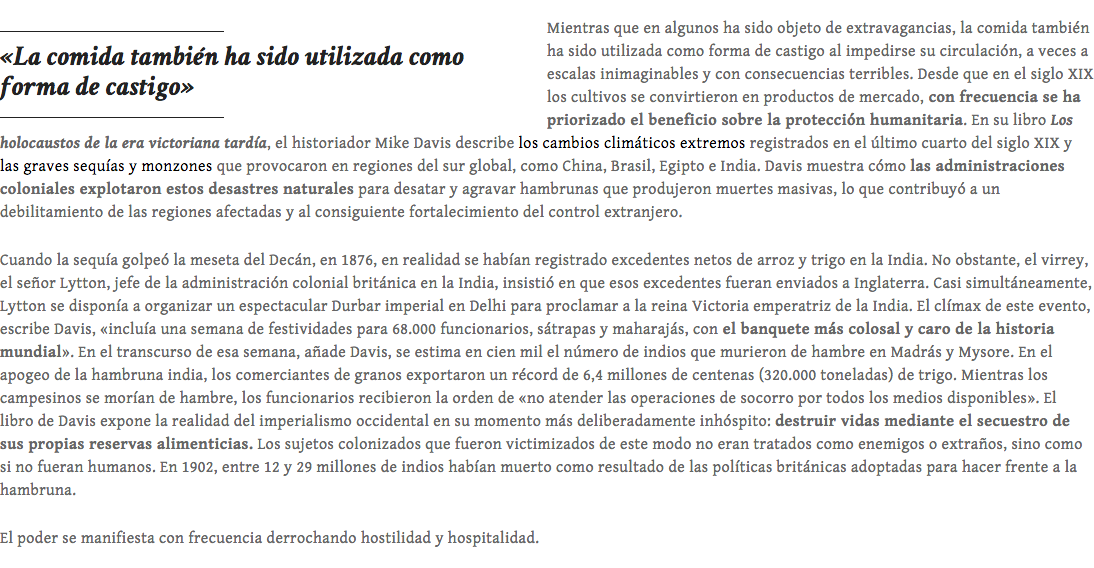
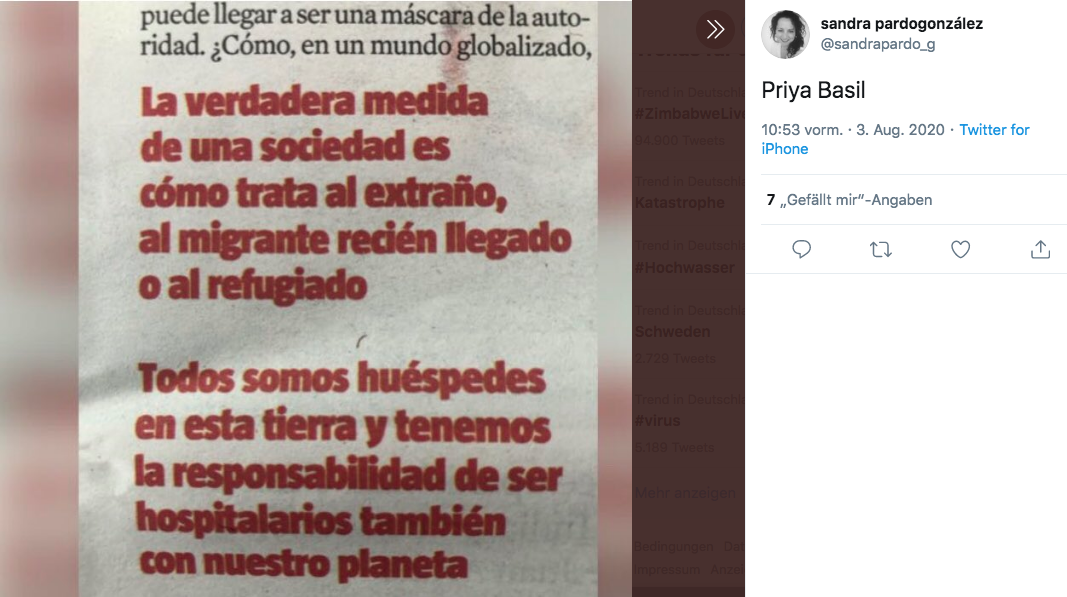
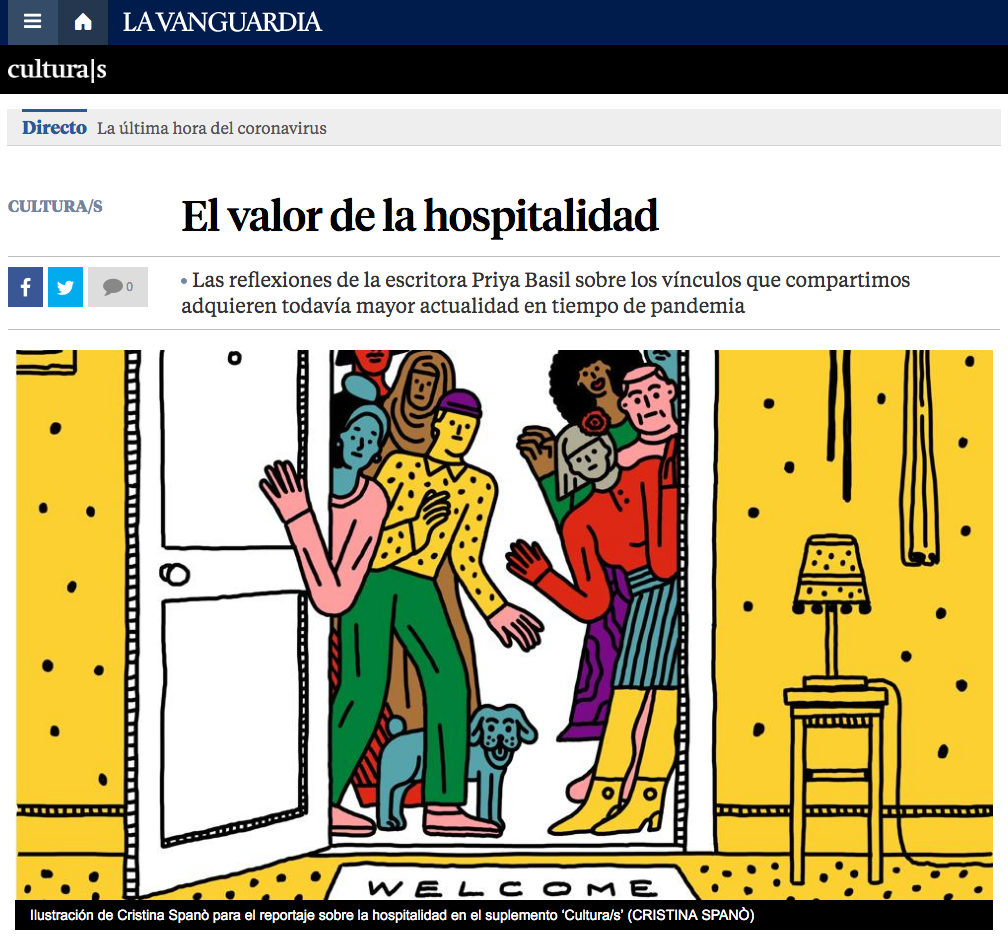

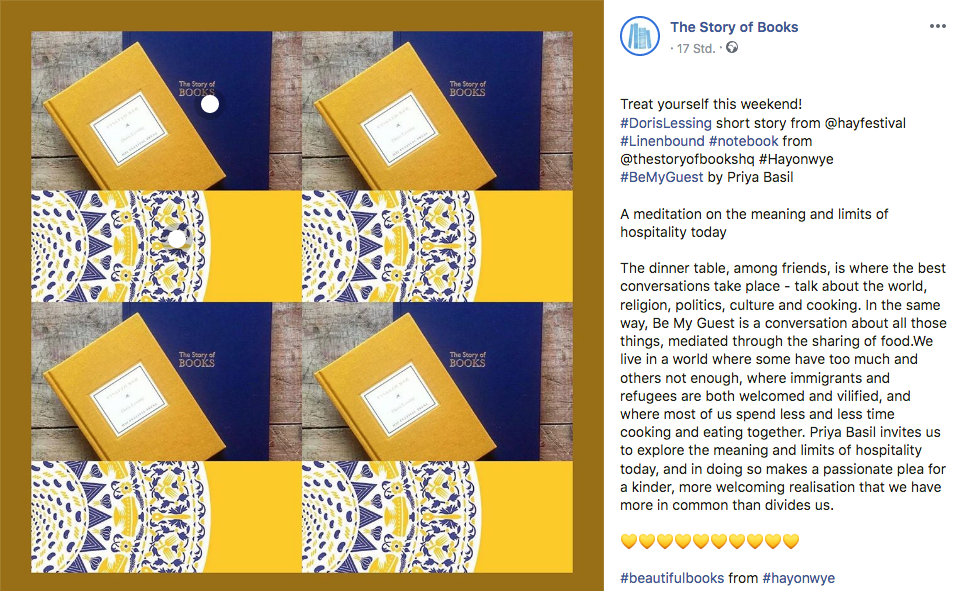
 RSS Feed
RSS Feed
